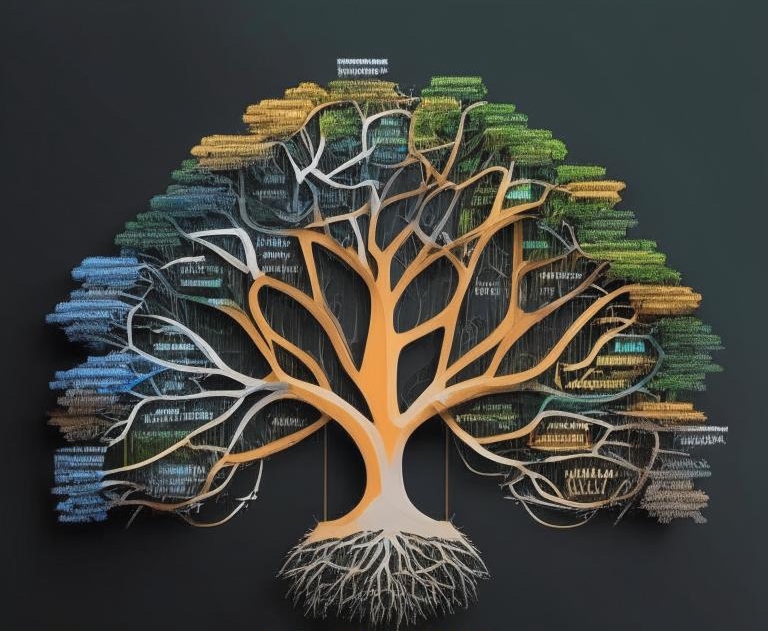Object and Subject
by Oleg Sovetnik
Object and Subject in Scientific Inquiry
In science and philosophy, the distinction between the object and the subject of research plays a key role. It helps to understand how a researcher engages with reality and transforms it into a knowable form through conceptual frameworks. We will explore the process of turning an object into a subject and its connection to the concept of Umwelt — an individual’s perception formed through concepts and schemas. This will provide deeper insight into how scientific inquiry deals with reality through systems of categories and notions.
Object as Independent Reality
An object is something that exists independently of our perception, whether it is a natural phenomenon, a social process, or a physical entity that is inaccessible to direct perception or understanding. This approach can be compared to Kant’s “thing-in-itself” — an entity that exists independently of our experience but cannot be known directly. The object represents the reality that science seeks to comprehend, but it must be interpreted through theoretical frameworks in order to become the subject of scientific analysis.
Subject as the Result of Object Conceptualization
A subject is the interpretation of an object within a scientific or disciplinary framework. When an object passes through the lens of theoretical concepts, it becomes the subject — the part of reality accessible for scientific analysis. For example, the physical structure of a water molecule may be an object for chemistry, while its social perception as a resource may be a subject for sociology. Thus, a subject is the result of how a specific science selects and interprets aspects of an object.
Subject Area as a Collection of Subjects
The subject area of scientific inquiry does not consist of objects but of a collection of subjects that are created through the conceptualization of objects and real-world processes. It is important to note that a “subject area” consists of subjects that arise through theoretical and methodological efforts. We observe objects in reality, but subjects are formed through understanding and interpretation.
The Process of Transforming an Object into a Subject
The process of turning an object into a research subject is a key stage in scientific inquiry, involving three main elements:
- Choosing a theoretical framework: Defining how the object will be perceived through scientific concepts.
- Conceptualization: Transforming the object into a knowable entity through a system of notions.
- Operationalization: Applying concepts to develop research methods.
This process emphasizes that science does not deal with objects directly but works with subjects that are formed through interpretation.
Umwelt as a System of Perception
An essential role in this process is played by the concept of Umwelt — a subjective system of perception through which we interact with the environment. Umwelt is not the world of objects but a set of conceptual frameworks through which we comprehend reality. It acts as “glasses” through which we highlight aspects of the object and transform them into subjects. The Umwelt of each researcher or discipline determines which aspects of the object become significant and how they are interpreted.
Since each subject or discipline has its unique Umwelt, different subjects can be created from the same object. A sociologist, a physicist, and a biologist may study the same object, but each will interpret it through their own conceptual frameworks. This highlights the multiplicity of perspectives in science, giving value to the diversity of approaches.
object subject umwelt research
